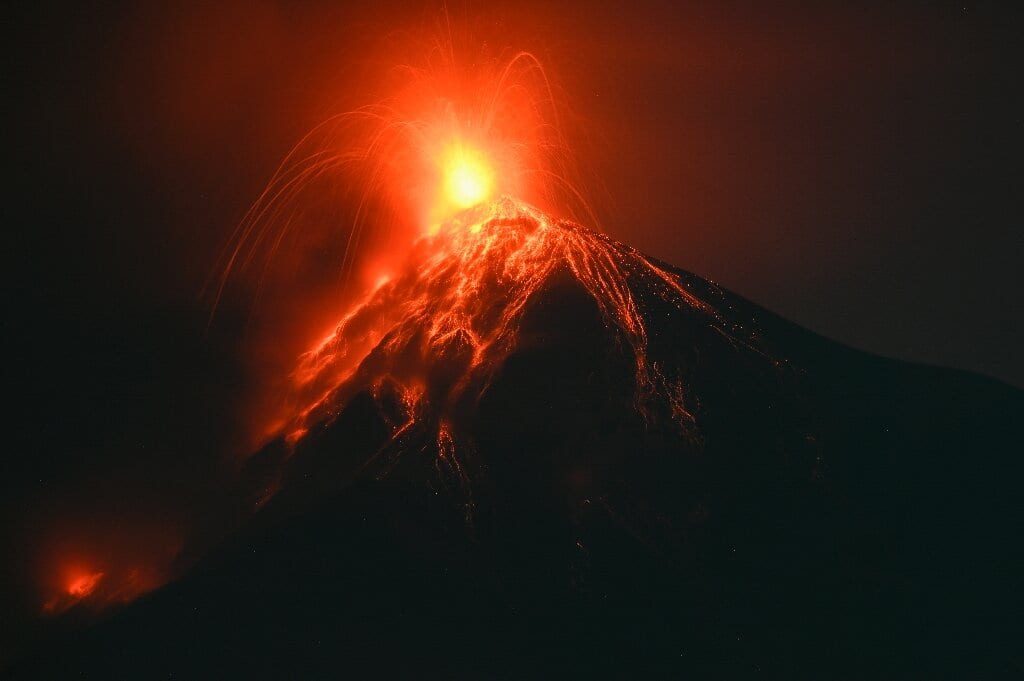
The Fuego volcano in Guatemala erupted on June 3, 2018. The volcano’s quick-moving lava made it difficult to evacuate homes and find substantial shelters for displaced populations. Hundreds of people were killed in the disaster and homes were destroyed by volcanic residue and hot lava.
Many natural and international organizations, such as the Disaster Relief Emergency Fund, the National Society Response Action, and the Guatemalan Red Cross, set up shelters to provide clean water, shelter, and medical assistance for the displaced. Due to the mass scale of the destruction, there is still a lack of information regarding the economic loss caused by the disaster but the estimated US value is $12,299,701 from the loss of crops. Many argue that communities should permanently relocate to prevent future suffering from active volcanoes and other disasters in the region.
Jenna MacLeod’s case study provides an analysis of the disaster, concluding that due to Guatemala’s geographical location, heavy rains, and the accumulation of volcanic material in the region, the Fuego volcano remains an active threat to inhabitants.
